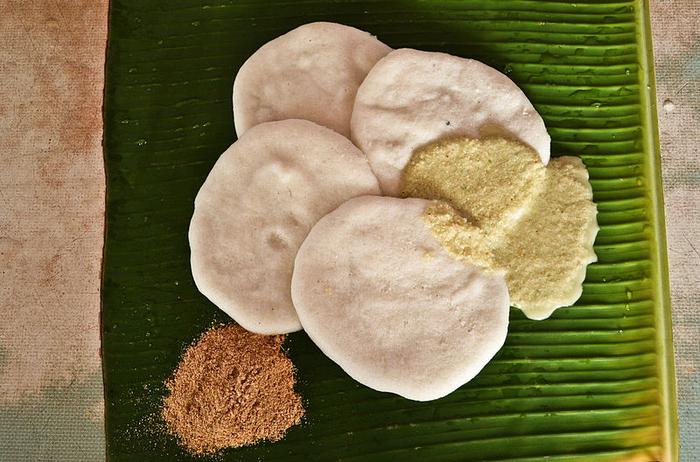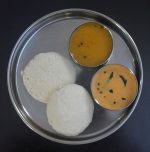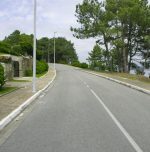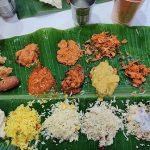Ramassery Idli: A Unique Flat and Fluffy Delight

Idli is a popular South Indian dish that comes in many different forms, and one of the most unique is Kerala’s Ramassery idli.
Unlike traditional idlis, these are flat and have a meshed pattern on the bottom, resulting from their unique cooking process.
According to local lore, the idli was brought to the Ramassery village near Palakkad by weavers from the Mudaliar community who moved from Tamil Nadu.
As demand for their weaved goods decreased, the Mudaliar families started selling their idlis to labourers and for special occasions. It led to the association of the dish with Ramassery.
Only four families in the village still prepare the original recipe, which has been passed down for five generations. The quality of the ingredients, particularly the rice, is crucial to the idli’s flavour.
The batter is made with local rice, black gram, fenugreek, and sea salt. It is poured onto a dampened muslin cloth covering an earthen pot, which acts as a steamer.
After being cooked over firewood, the idli is served on a plachi leaf and eaten with powder or creamy curries. The dish has a shelf life of three days and is known to travel well.
Saraswathy Tea Stall in Ramassery is famous for its Ramassery idlis and sells over 500 of them every day. While the recipe remains a secret, efforts are being made to preserve this unique culinary heritage.
Kappa Chakka Kandhari, a restaurant chain with outlets in Bengaluru and Chennai, has added Ramassery idlis to its menu.
However, the dish’s traditional preparation method is time-consuming and labour-intensive. That’s why many cooks have switched to using gas stoves, which has led to a decrease in quality.
Nevertheless, the Ramassery idli remains a sought-after delicacy that attracts visitors from far and wide.
It serves as a reminder of village life and a community’s dedication to preserving its culinary traditions.
Image Credit: Mullookkaaran, CC BY-SA 3.0, via Wikimedia Commons
Image Reference:
https://commons.wikimedia.org/wiki/File:Ramasseri_Iddali.jpg










Leave a Reply